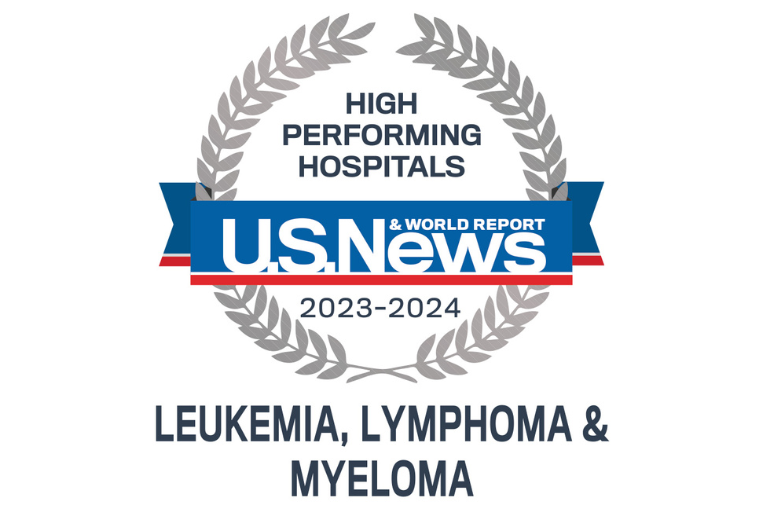We Know You. We Know Cancer. We Know Your Cancer.™
At Catholic Health Cancer Institute, life-changing care starts with your details. We know you. We focus on every detail, including your other health conditions and emotional and physical needs. We know cancer. We combine extensive clinical expertise and advanced technologies to create truly comprehensive and innovative care. We know your cancer.™ Leaving no stone unturned, we start with the genetic makeup of your tumor and consider every factor to provide a highly personalized care plan.
Cancer Prevention & Screening
Health screenings help with early diagnosis of cancer.
Cancer Treatments
Catholic Health offers advanced treatments and support services.
Cancer Survivorship
Catholic Health is committed to helping you on your journey to optimal wellness.
Latest Updates in Cancer

Do I Need Genetic Testing for Colorectal Cancer?
Do I Need Genetic Testing for Colorectal Cancer?
Genetic counseling for colorectal cancer helps identify your risk.

Ask the Expert: Is Colorectal Cancer on the Rise in Young Adults?

Ask the Expert: Is Colorectal Cancer on the Rise in Young Adults?
Colorectal cancer screenings are important; talk to your doctor.

How to Prepare for a Colonoscopy


Exclusive Clinical Trials
Catholic Health, through its partnership with the Roswell Park Care Network, is the only health system in the New York metropolitan area participating in a clinical trial to examine the impact of lung cancer treatment immunotherapy, CIMAvax-EGF. To date, more than 5,000 lung cancer patients globally have been treated with this EGF-depleting immunotherapy. Several international studies have indicated improved overall survival and quality of life for patients receiving the treatment.





Award-Winning Care
St. Francis Hospital & Heart Center® is rated as high performing in cancer, colon cancer surgery, leukemia, lymphoma & myeloma, and prostate cancer surgery.
Care Across Long Island
Catholic Health Cancer Institutes, accredited for excellence in care by the American College of Surgeons, offer Long Islanders the comfort and convenience of receiving excellence in care close to home at locations in Nassau and Suffolk Counties.





